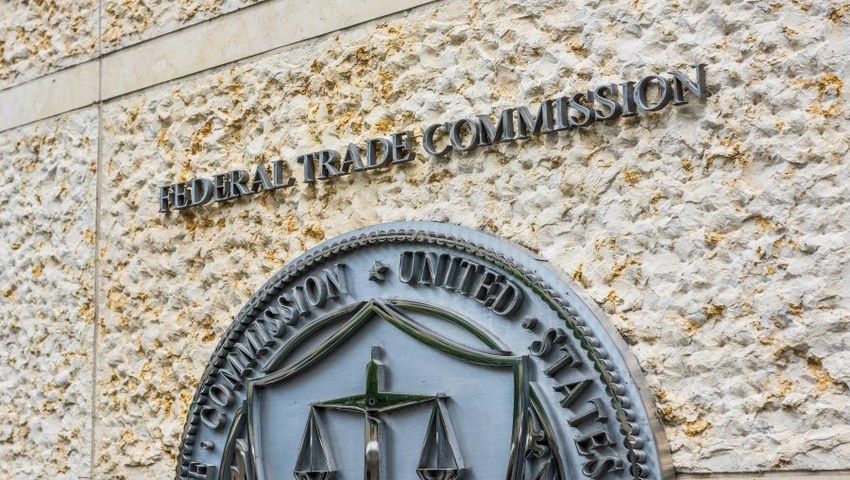Appeals court sides with FTC in sanctions fight against Hi-Tech Pharmaceuticals
An appeals court on Tuesday denied a request for relief from $40 million in sanctions imposed against a Georgia-based manufacturer of dietary supplement products for violating an injunction.

An appeals court on Tuesday denied a request for relief from $40 million in sanctions imposed against a Georgia-based manufacturer of dietary supplement products for violating an injunction.
The decision marked another win for the Federal Trade Commission (FTC), which polices advertising practices and has been butting heads for two decades with Hi-Pharmaceuticals Inc. and its owner Jared Wheat.
In a 16-page ruling, the three-judge panel also denied the defendants’ request to order an accounting of funds that the FTC had collected under two judgments, including the $40 million contempt judgment.
A federal district court in 2008 found Wheat, Hi-Tech and others “jointly and severally liable” for $15.9 million, following a determination that they violated a federal statute (the “FTC Act”) that prohibits deceptive business practices and false advertisements.
In 2017, $40 million in sanctions were imposed against Wheat, Hi-Tech and its sales executive Stephen Smith after they were found to have violated a 2008 injunction that required substantiation—or “competent and reliable scientific evidence”—for its advertising claims.
The defendants moved for relief from the contempt judgment, following a 2021 ruling by the U.S. Supreme Court known as AMG Capital Mgmt. LLC v. FTC. In that case, the Supreme Court found that under section 13(b) of the FTC Act—which grants FTC the right to seek a permanent injunction in district court—the agency is not authorized to seek equitable monetary relief, such as disgorgement or restitution.
Since the government could not seek equitable monetary damages directly under section 13(b), Hi-Tech Pharmaceuticals argued, the district court had no authority to order monetary relief indirectly as a contempt sanction for violating the injunction.
The U.S. Court of Appeals for the Eleventh Circuit was not persuaded.
“We reject the defendants’ argument that the district court lacked the authority to enter the contempt judgment post-AMG,” Circuit Judge Jill Pryor wrote on behalf of the three-judge appellate panel. “Regardless of the decision’s effect on the district court’s authority to award the $16 million in equitable monetary remedies, the court retained the authority to enter prospective injunctive relief under §13(b), as it had done in the original FTC action. And after the defendants violated the injunction, the court had the inherent power to vindicate its own authority by imposing the $40 million contempt judgment.”
Of the $40 million in sanctions, FTC has collected about $2.3 million, according to Pryor’s opinion. FTC declined to comment on the recent ruling, and an attorney for Wheat and Hi-Tech did not immediately respond to an email from Natural Products Insider.
About the Author(s)
You May Also Like






.png?width=800&auto=webp&quality=80&disable=upscale)